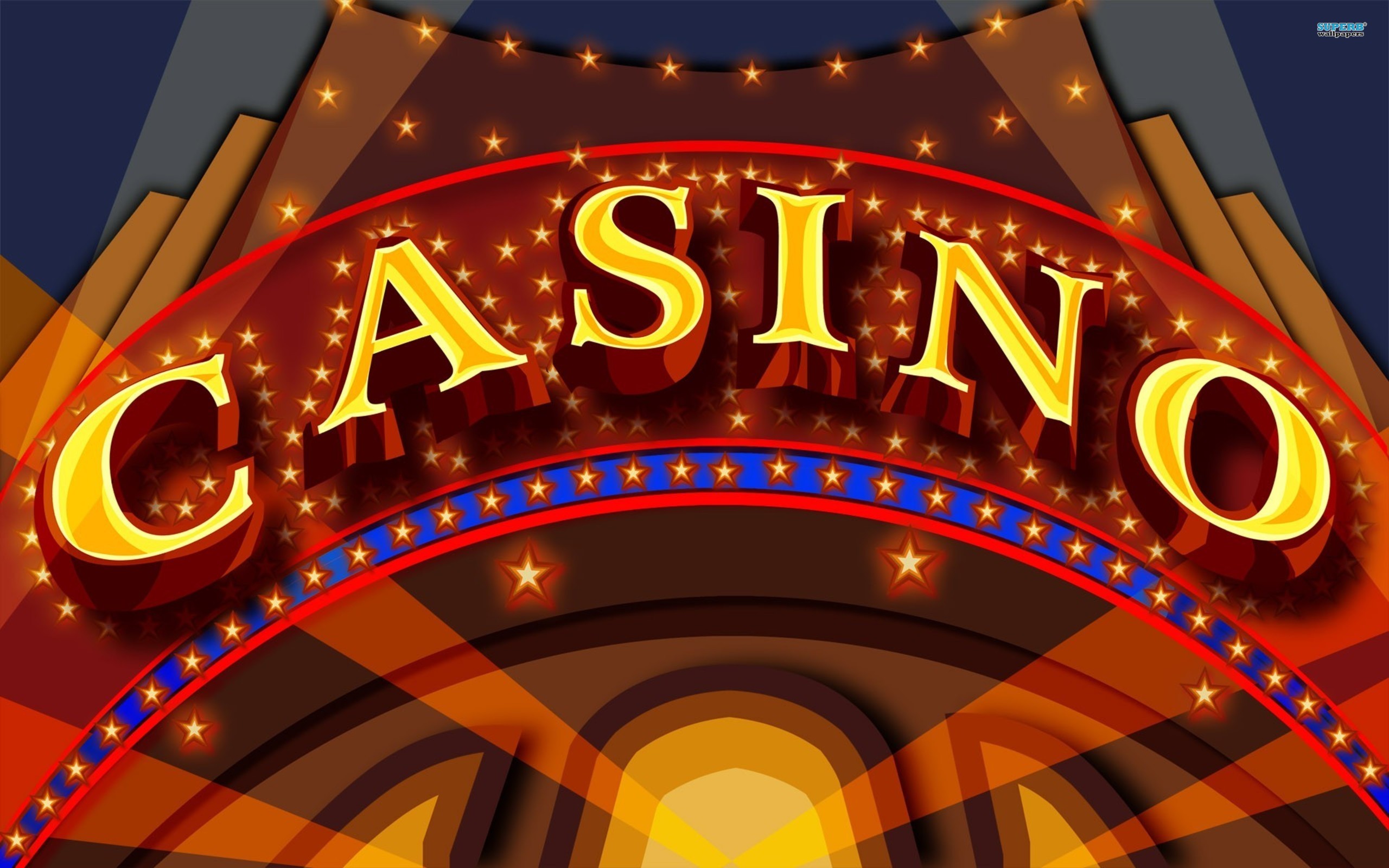Casino experiences have long captured the imagination of humans around the globe, becoming an important part of both entertainment and culture. From the shimmering lights of Las Vegas to the captivating experience of internet gambling, these activities evoke enthusiasm, risk, and sometimes even a sense of nostalgia. They are beyond simply hobbies; they have woven themselves into the texture of society, influencing various aspects from cinema and songs to clothing and books.
The appeal of casino games surpasses the gambling aspect, tapping into broader themes of fortune, chance, and social interaction. As players convene around a gaming table or spin the wheel of fortune, they engage in an age-old ritual that resonates with our communal desire for thrill and uncertainty. This captivation has led to the emergence of numerous references in cinema, music, and electronic games, showcasing how deeply entrenched these games are in popular culture. Whether it is the high-stakes tension of a traditional caper or the lively nightlife portrayed in music videos, casino games have carved out a substantial role that reflects our connection with risk and reward.
Social Impact of Casino Activities
Casino games have played a crucial role in social aspects throughout history. Stemming from ancient civilizations, games of chance were often connected to rituals or events. For instance, early forms of gambling can be linked back to historic Chinese and the Roman Empire, where die games and betting on outcomes were common pastimes. These activities not only served as entertainment but also as methods of connecting people, facilitating relationships among people within societies.
As societies evolved, so did the complexity and organization of gambling games. The establishment of official casinos in the 17th century, particularly in Italy, marked a significant shift in how games were viewed and structured. With specific spaces for gaming, the casino became a social hub where people from various backgrounds gathered. This evolution contributed to the legitimization of gambling, transforming it from a mere pastime into an established industry that shaped economy and policy. MD88
The impact of gambling games on popular culture cannot be overlooked. As they were popularized in literature and movies, games such as Texas Hold’em and blackjack became icons of chance, luck, and tactics. Famous figures and stories have emerged around these games, reflecting societal attitudes towards fortune, wealth, and vice. This fascination with casino games has infiltrated various forms of entertainment, cementing their place in the collective consciousness and linking them to broader cultural stories throughout the ages.
Portrayal of Gambling Games in Media
Gambling games have long been a popular subject in different types of entertainment, reflecting both the excitement and nuances of the world of gambling. Films such as Ocean’s 11 and Casino Royal portray characters who navigate intense situations, showcasing not only the allure of the gambling environment but also the methods and decisions that come with playing popular games like poker and 21. These films often dramatize the excitement of winning and the potential consequences of losing, encapsulating the perils involved in gambling.
TV programs have also explored the universe of casino games, often integrating them into the plot as a setting for character arcs and drama. Shows like Vegas depict the lives of casino workers and patrons, highlighting the vibrant, often tumultuous energy of the casino floor. Docuseries featuring intense gambling competitions further emphasize the fascination of gambling activities, drawing viewers into the tension and strategy involved in each round. Through these representations, media not only entertains but also sparks conversations about luck, skill, and the nature of randomness.
Gaming have increasingly included casino games into their design, allowing players to experience the experience of gambling without financial risk. Games within the domain of digital gaming often include online slot machines, online poker, and other popular casino games, creating an engaging environment that mirrors real-life gameplay. These digital representations make gambling activities accessible to a global audience, appealing to both risk-takers and those who enjoy the excitement of virtual experiences. MD88 casino As a outcome, the representation of casino games in entertainment continues to shape public perception and cultural significance, highlighting their role in society and culture.
Impact of Casino Games on Society
Gambling activities have a significant impact on society, affecting multiple facets of societal norms and interpersonal behavior. They often function as a platform for social interaction, where people come together to enjoy a common experience. Casino trips with friends or trips to casinos become social activities that foster connections and create memories. This collective aspect enhances the fun value of gambling activities, making them a favored choice for celebrations and recreational pursuits.
Moreover, casino games have been depicted in numerous movies, television shows, and written works, influencing views and attitudes towards gambling and betting. Icons like James Bond competing in baccarat or the high-stakes poker scenes in films have cemented these games in the shared imagination. This representation often glamorizes the culture associated with casino activities, attracting new players and influencing trends in both style and behavior. These portrayals can ignite curiosity and lead to a deeper exploration of the nuances of gaming.
Nonetheless, there are also negative consequences linked to the widespread appeal of gambling activities. The allure of quick monetary gain can lead to problem gambling and financial troubles for some people. The community must grapple with these consequences, promoting responsible gambling and awareness of the dangers involved. Finding a balance between the entertainment value of gambling activities with the potential for harm is vital to ensure that they remain a beneficial aspect of our cultural landscape.
